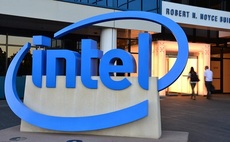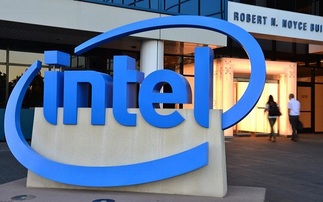Movidius brings expertise in embedded computer vision and machine intelligence
Intel has announced the acquisition of Movidius, a startup that creates low-power chips for computer vision and machine learning algorithms. The new capabilities will extend Intel's RealSense platf...
To continue reading this article...
Join Computing
- Unlimited access to real-time news, analysis and opinion from the technology industry
- Receive important and breaking news in our daily newsletter
- Be the first to hear about our events and awards programmes
- Join live member only interviews with IT leaders at the ‘IT Lounge’; your chance to ask your burning tech questions and have them answered
- Access to the Computing Delta hub providing market intelligence and research
- Receive our members-only newsletter with exclusive opinion pieces from senior IT Leaders






















